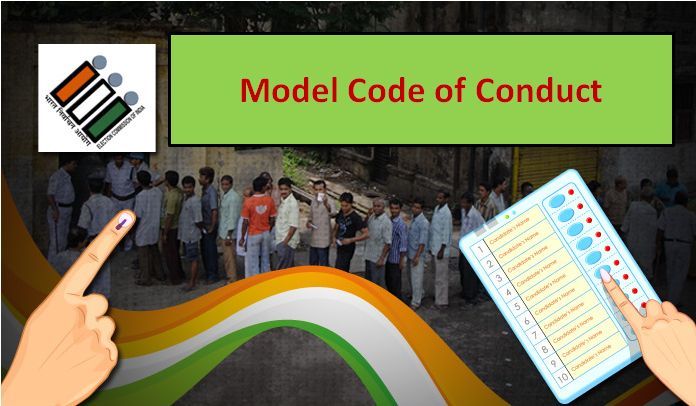Model Code In Play: No Party Can Make Any Further Military Action An Election Issue

What if, heaven forbid, a nation crisis flared up once again in midst of election campaigning and the government has to conduct military action to avenge terror attacks. Can it take credit for it?
It cannot as the Model Code of Conduct (MCC) have come into play, preventing the ruling dispensation or for that matter any party from making it an election issue.
The primary purpose of MCC is to ensure that the ruling party in a state or at the Centre should not be able to abuse official machinery for party purposes or derive undue advantage of being in power during elections. Thus, the MCC creates a level-playing field during elections.
With election dates announced, here’s a low down of what is MCC and if it is legally binding on the political parties. What if parties ignore it?
The Election Commission’s MCC is a set of guidelines issued to regulate political parties and candidates prior to elections. The rules range from issues related to respect to speeches, polling day, polling booths, portfolios, the content of election manifestos, processions, and general conduct so that free and fair elections are conducted.
When does the Model Code of Conduct come into effect?
According to the Press Information Bureau, a version of the MCC was first introduced in the state assembly elections in Kerala in 1960. It was largely followed by all parties in the 1962 elections and continued to be followed in subsequent general elections. In October 1979, the EC added a section to regulate the ‘party in power’ and prevent it from gaining an unfair advantage at the time of elections.
Is the Model Code of Conduct legally binding?
It has no statutory backing. Simply put, this means anybody breaching the MCC can’t be proceeded against under any clause of the Code. Everything is voluntary. The EC uses moral sanction or censure for its enforcement.
However, the code still remains important because if a candidate or a party violates the MCC, in extreme conditions, the EC can file a case under the sections of Indian Penal Code or the Income Tax Act.
Filing an FIR particularly against a senior leader during elections, in itself becomes a cause of huge embarrassment to the party the candidate represents. It presents the candidate as ethically wrong to the people. This is why most leaders castigated for breaking the MCC don’t usually repeat it.
Previous Model Code of Conduct ‘violations’
In the run-up to Gujarat polls in 2017, both BJP and Congress accused each other of violating the Model Code of Conduct. The BJP pointed to Rahul Gandhi’s interviews to TV channels during the 48-hour period before polling, while the Congress accused Prime Minister Narendra Modi of violating the same provisions by holding a ‘roadshow’ in Ahmedabad after casting his vote.
During Goa elections, EC pulled up Delhi CM Arvind Kejriwal for asking voters to “accept money from the Congress and BJP candidates but vote for the AAP”.

Comments are closed.